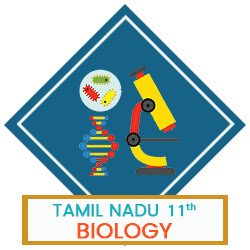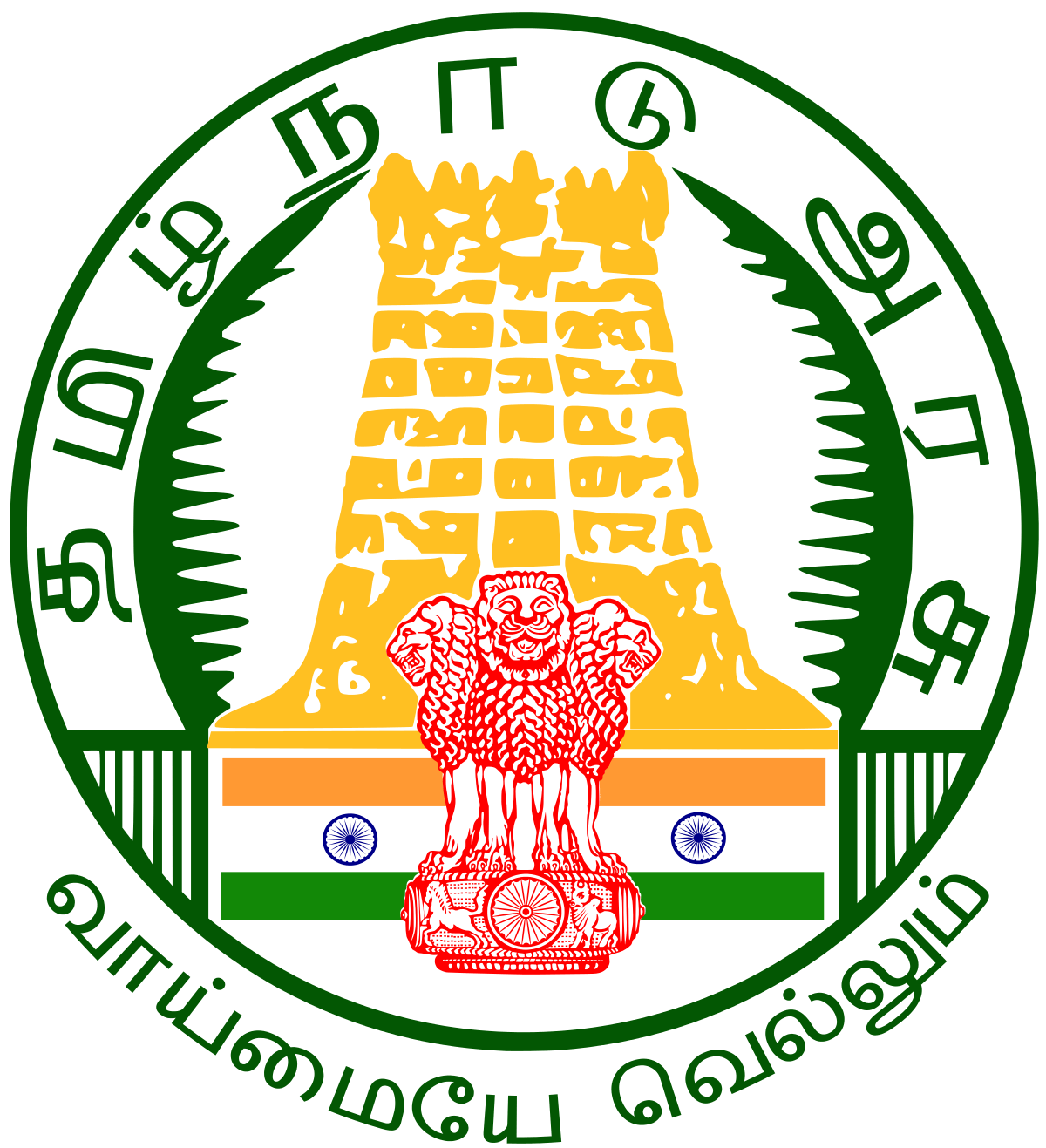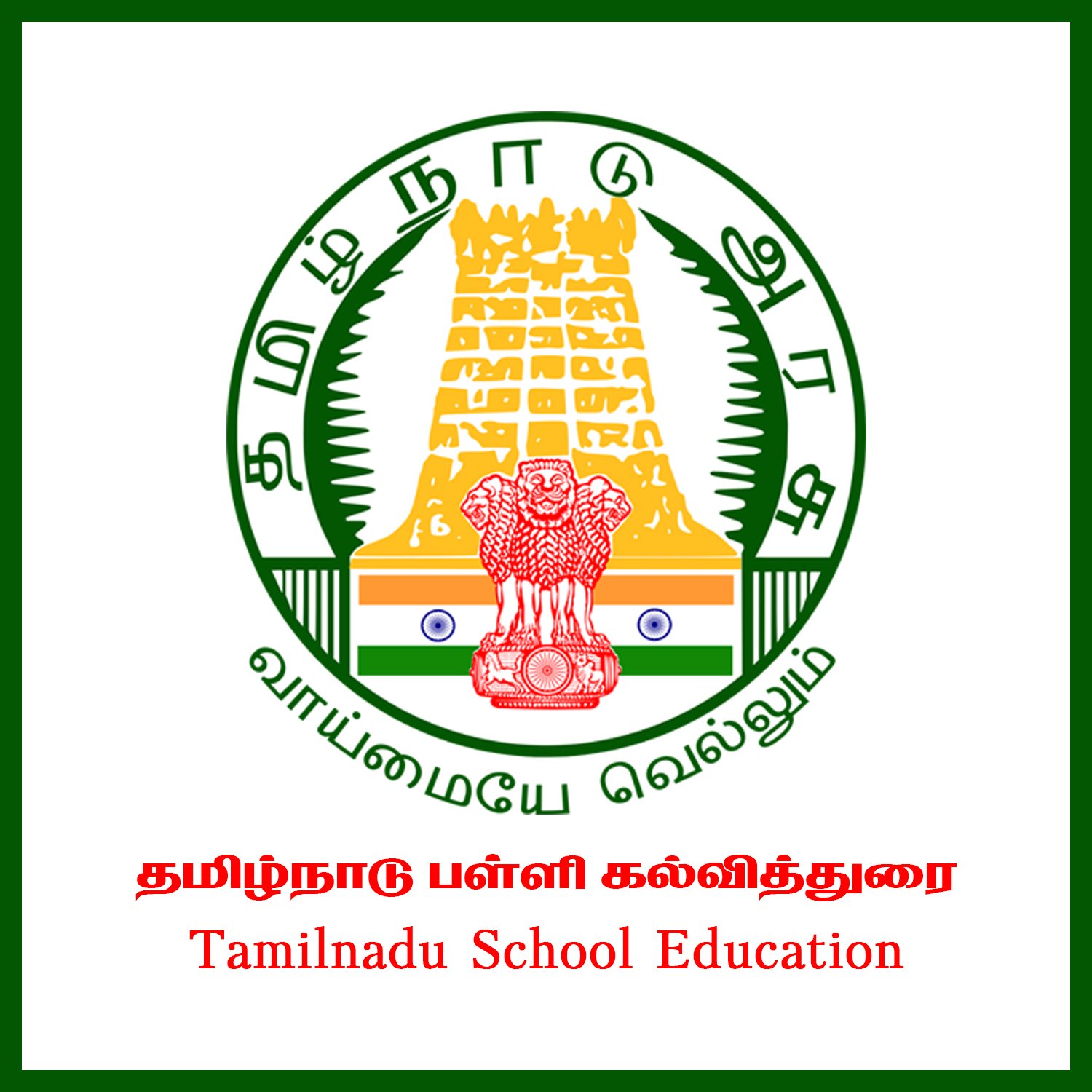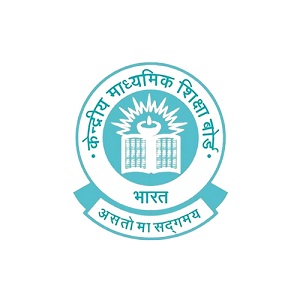- State Board
-
12th Standard
-

Biology
-

Computer Applications
-

Computer Science
-

Business Maths and Statistics
-

Commerce
-

Economics
-

Maths
-

Chemistry
-

Physics
-

Computer Technology
-

History
-

Accountancy
-

Tamil
-

Maths
-

Chemistry
-

Physics
-

Biology
-

Computer Science
-

Business Maths and Statistics
-

Economics
-

Commerce
-

Accountancy
-

History
-

Computer Applications
-

Computer Technology
-

English
12th Standard stateboard question papers & Study material
தமிழ் Subjects
English Subjects
-
-
11th Standard
-

Maths
-

Biology
-

உயிரியல் - தாவரவியல்
-

Economics
-

Physics
-

Chemistry
-

History
-

Business Maths and Statistics
-

Computer Science
-

Accountancy
-

Commerce
-

Computer Applications
-

Computer Technology
-

Tamil
-

Maths
-

Commerce
-

Economics
-

Biology
-

Business Maths and Statistics
-

Accountancy
-

Computer Science
-

Physics
-

Chemistry
-

Computer Applications
-

History
-

Computer Technology
-

Tamil
-

English
11th Standard stateboard question papers & Study material
தமிழ் Subjects
English Subjects
-
-
9th Standard
-

-

-

-

-

-

-

Maths
-

Science
-

Social Science
-

Maths
-

Science
-

Social Science
9th Standard stateboard question papers & Study material
தமிழ் Subjects
English Subjects
-
-
6th Standard
-

Maths
-

Science
-

Social Science
-

Maths
-

Science
-

Social Science
6th Standard stateboard question papers & Study material
தமிழ் Subjects
English Subjects
-
-
10th Standard
-

Maths
-

Science
-

Social Science
-

Tamil
-

Maths
-

Science
-

Social Science
-

English
-

English
10th Standard stateboard question papers & Study material
தமிழ் Subjects
English Subjects
-
-
7th Standard
-

Maths
-

Science
-

Maths
-

Science
-

Social Science
7th Standard stateboard question papers & Study material
தமிழ் Subjects
English Subjects
-
-
8th Standard
-

கணிதம் - old
-

Science
-

Social Science
-

கணிதம்
-

Maths
-

Science
-

Social Science
8th Standard stateboard question papers & Study material
தமிழ் Subjects
English Subjects
-
-
12th Standard
- CBSE Board
-
12th Standard CBSE
-

Biology
-

Physics
-

Chemistry
-

Maths
-

Accountancy
-

Introductory Micro and Macroeconomics
-

Business Studies
-

Economics
-

Computer Science
-

Geography
-

English
-

History
-

Indian Society
-

Physical Education
-

Sociology
-

Tamil
-

Bio Technology
-

Engineering Graphics
-

Entrepreneurship
-

Hindi Core
-

Hindi Elective
-

Home Science
-

Legal Studies
-

Political Science
-

Psychology
12th Standard CBSE Subject Question Paper & Study Material
-
-
11th Standard CBSE
-

Mathematics
-

Chemistry
-

Biology
-

Physics
-

Business Studies
-

Accountancy
-

Economics
-

Computer Science
-

Bio Technology
-

English
-

Enterprenership
-

Geography
-

Hindi
-

History
-

Home Science
-

Physical Education
-

Political Science
-

Psychology
-

Sociology
-

Applied Mathematics
11th Standard CBSE Subject Question Paper & Study Material
-
- 10th Standard CBSE
-
9th Standard CBSE
-

Mathematics
-

Social Science
-

Science
-

English
-

Hindi
9th Standard CBSE Subject Question Paper & Study Material
-
-
8th Standard CBSE
-

Science
-

Social Science
-

Mathematics
-

English
8th Standard CBSE Subject Question Paper & Study Material
-
-
7th Standard CBSE
-

Mathematics
-

Science
-

Social Science
-

English
7th Standard CBSE Subject Question Paper & Study Material
-
-
6th Standard CBSE
-

Mathematics
-

Science
-

Social Science
-

English
6th Standard CBSE Subject Question Paper & Study Material
-
-
12th Standard CBSE
- Free Online Test
- News
- Study Materials
-
Students
-

Stateboard Tamil Nadu
-

CBSE Board
-

Free Online Tests
-

Educational News
-

Scholarships
-

Entrance Exams India
-

Video Materials
Study Materials , News and Scholarships
-
-
Students

New syllabus model question paper for twelfth standard state board english medium commerce chapter one principles of management Jun-29 , 2019
New syllabus model question paper for twelfth standard state board english medium commerce chapter one principles of management
New syllabus model question paper for twelfth standard state board english medium commerce chapter one principles of management
12th Standard
-
Reg.No. :
Commerce
Use blue pen only
Time :
01:00:00 Hrs
Total Marks :
50
-
The founder of scientific management was
(a)Peter F. Drucker
(b)Frederick Taylor
(c)Henry Fayol
(d)Elton
-
The first management principles were developed by
(a)Victor Meldrew
(b)Charles
(c)Henry Fayol
(d)Taylor
-
Principles of management are not
(a)Absolute
(b)Flexible
(c)Behavioural
(d)Universal
-
How are principles of management formed?
(a)In a laboratory
(b)By experience of mangers
(c)By experience of mangers
(d)By experience of producers
-
Which of the following is not a principle of management given by Taylor?
(a)Functional foremanship
(b)Science, not rule of the thumb
(c)Maximum, not restricted output
(d)Harmony, not dischord
-
A reporting relationship in which an employe receives order from, and reports to only on supervisor is known as
(a)Unity of direction
(b)Unity of command
(c)Centralization
(d)Planning
-
Which of the following is not a function of management?
(a)Staffing
(b)Planning
(c)Controlling
(d)Cooperation
-
Observe the following management principles and pick the odd one out. Justify your answer.
(a)unity of command
(b)unity of direction
(c)maximum output
(d)equity
-
Which of the following is not the functional areas of management?
(a)Production management
(b)Marketing management
(c)Personnel management
(d)Information management
-
Which of the following is not true?
(a)Management is universal
(b)Management is an art
(c)Management is a social process
(d)Management is always bureaucratic
-
(i) Management literature is growing in all countries.
(ii) Corporations have now social conscience and awareness.
(iii) Consumer oriented marketing concept is the reflection of a corporate code of conduct.
(a) (i) is correct
(b) (ii) is correct
(c) (i) and (ii) are correct
(d) (i), (ii) and (iii) are correct -
(i) Behavioural school sees management as a process of planning, organising, directing and controlling.
(ii) Quantitative school wants to improve the quality of decision making.
(iii) Systems approach concentrates on the entire organisation. i.e., inputs and outputs process
(a) (i) is correct
(b) (ii) is correct
(c) (ii) and (iii) are correct
(d) (i) and (iii) are correct -
(i) The art of management is fully reflected in the decision making capacity of manager.
(ii) Judgement and imagination are essential even in computerised economy.
(iii) A computer can replace a manager in decision making
(a) (i) is correct
(b) (i) and (ii) are correct
(c) (i) and (iii) are correct
(d) (i), (ii) and (iii) are correct -
Unity of command Create confusion and conflict Unity of direction Goals of the organisation Remueration Social justice Centralisation Top management -
Social order Stability Material order Safety and efficiency Equity Rewarding of effort Initiative Fluid operation -
What is Management?
-
List out the management tools.
-
What is meant by Esprit De Corps?
-
What are the three jobs of management?
-
What is meant by Management process?
-
Why management is regarded as a social process?
-
Explain Management Vs Administration.
-
Explain the principal ideas of school of management.
-
Write a short notes on
a. Equity
b. Initiative -
Discuss the differences between the contributions of Taylor and Fayol.
-
Describe the principles of scientific management.
-
Explain the concept of management .(any 5)
Part - A
Answer all the following
10 x 1 = 10
Part - C
Answer all the following
3 x 1 = 3
Part - C
Answer all the following
2 x 1 = 2
Part - D
Answer all the following
5 x 2 = 10
Part - E
Answer all the following
5 x 3 = 15
Part - F
Answer all the following
2 x 5 = 10
*****************************************
12th Standard Commerce Videos
TN 12th Commerce Capital Market 45 Important 1 Marks Questions With Answers Book Back and Creative
TN Class 12 Commerce Capital Market Study Materials TN State Board / Matriculation 12th Commerce Subject - Capital Market One Mark Question and Answers






 12th Standard Commerce Syllabus
12th Standard Commerce Syllabus  12th Standard Commerce Study Materials
12th Standard Commerce Study Materials 12th Standard Commerce MCQ Practise Tests
12th Standard Commerce MCQ Practise Tests 

Reviews & Comments about New syllabus model question paper for twelfth standard state board english medium commerce chapter one principles of management
Write your Comment